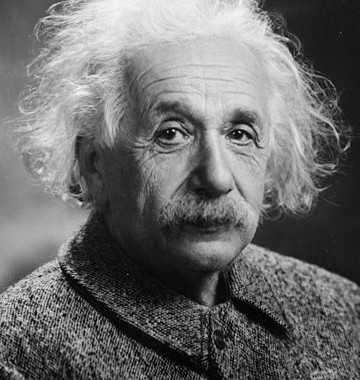The traditional Buddhist spiritual path is divided into three trainings:
- The training in concentration
- The training in insight
- The training in ethics
However, in many secular mindfulness circles, the ethical training (the cultivation of virtuous qualities like kindness, forgiveness, and compassion) is stripped out in the name of simplifying the system or removing religious overtones. Furthermore, for many seekers who get lured into deep practice by altered state experiences (usually from high concentration) or promises of sudden awakening (which can come from deep insight), the idea of engaging in a training in ethics just doesn't seem flashy enough.
Many people carry a belief that the ethics piece will "just work itself out once they are enlightened." (Not always so). And for many, it's easier to sit through painful silent retreats than to think kind thoughts about another person, or themselves. But we are clearly seeing that ethics doesn't train itself. Frankly, for me, it is a central aspect of the path and a prerequisite to meaningful, digestible insight.
George Haas, a teacher and friend who I often mention, likes to say that the spiritual path starts with a commitment to be a good person. This is not only for moral reasons. Buddhist ethics is the answer to the question what kind of mind becomes liberated?
The meditative path requires substantial inner stillness. But we can only drop in so deeply if our minds are filled with regret about unskillful actions, fear of retaliation against our cruelty, or incessant resentful or self-critical thinking. And we can only drop in so deeply if we know we haven't been honest, spoken our truth, or pursued our goals. It's simply too painful and too dissonant.
The ethical training teaches us to move through the world continually complete, so we aren't rehashing things we should have done but didn't, or things we did but shouldn't have done. Only through this continual completeness can we stay in the present moment, setting the stage for progress on the path.
And this is the reason why attachment repair is integral. If your nervous system is trained to balance itself out using incessant angry, sad or fearful thinking, it's not reasonable to expect a quiet mind. If the fear of abandonment is too great to permit you to speak authentically, those inauthenticities are going to be rolling around up there. The more deeply we look at ourselves, the more clearly we will see the distortions and missteps, and the more inhibiting they will become.
So what kind of mind becomes liberated?
- An honest mind.
- A sincere mind.
- A compassionate mind.
- A happy mind.
- A confident mind.
- A secure mind.
It may seem trite, but the expression is true, we need to learn to love ourselves and each other. Not as a result of deep insight, but as a pre-requisite for deep insight. Otherwise, as the old saying goes, our spiritual path is like trying to row a boat that's still tied to the dock.
 If relational mindfulness is your focus, one way to practice is to use Lovingkindness and Noting Feeling States techniques as two complementary strategies. I like to think of them as: "backing off" and "being with." Otherwise known as "turning away" and "turning toward."
If relational mindfulness is your focus, one way to practice is to use Lovingkindness and Noting Feeling States techniques as two complementary strategies. I like to think of them as: "backing off" and "being with." Otherwise known as "turning away" and "turning toward."





